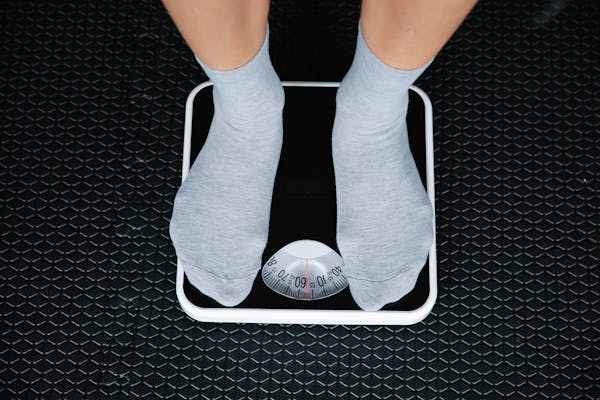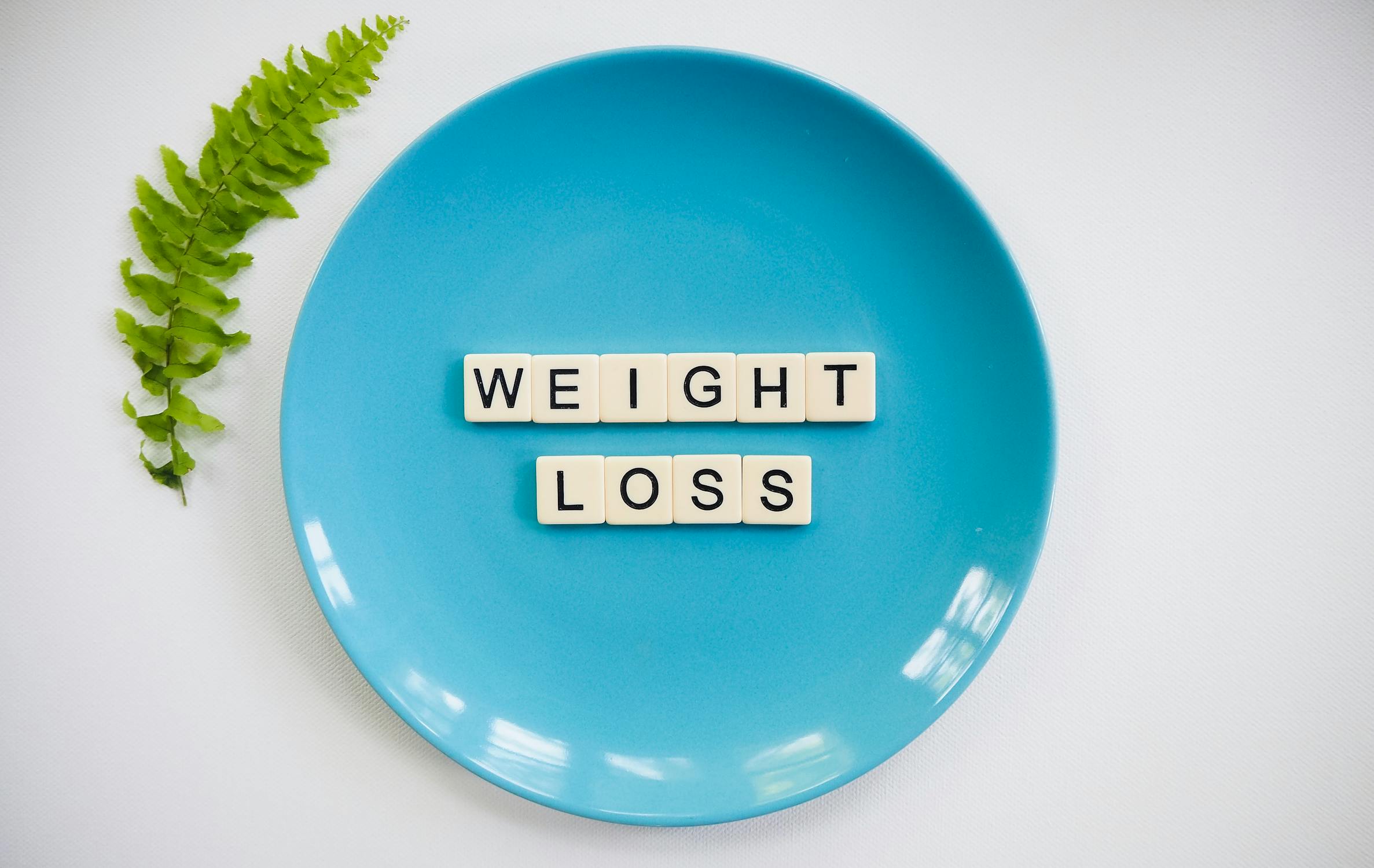[ad_1]
More than 500,000 persons taking part in the Uk Biobank, which homes in-depth genetic and well being facts, were being requested about how normally they climbed stairs, walked or biked, did chores for residence or do the job, or participated in arduous athletics.
The same team of individuals was also questioned about their educational level and irrespective of whether they went to grownup training courses, how frequently they visited with good friends and spouse and children, and how typically they participated in social golf equipment or religious groups. Then they ended up quizzed on the extent of their electronic use, these kinds of as actively playing laptop video games, viewing Television set and applying a smartphone.
Members were adopted for about 11 years to see if they produced dementia.
People who were highly engaged in action styles these kinds of as repeated exercising experienced a 35% decrease possibility of building dementia as opposed with individuals who ended up the the very least engaged in these functions, scientists identified.
On a regular basis accomplishing domestic chores lowered danger by 21% though every day visits with loved ones and mates lowered the risk of dementia by 15%, in contrast with men and women who had been significantly less engaged. Going to pubs appeared to increase threat, the study located.
“Social exercise is a form of cognitive stimulation and can help create cognitive reserve, which in section might clarify how it safeguards towards dementia,” claimed Dr. Kellyann Niotis, a neurologist at the Alzheimer’s Avoidance Clinic at Weill Cornell Medicine and NewYork-Presbyterian, who was not concerned with the study.
People today who have interaction in frequent social activities also have additional memory-protecting proteins and are additional probable to really feel a sense of this means in everyday living — all of which are crucial to brain wellbeing. As a reward, pursuing work out with other individuals could amplify the advantage of each and every, she claimed.
Anyone in the examine benefited from the protective result of actual physical and psychological functions, irrespective of whether or not they experienced a loved ones history of dementia, researchers uncovered.
A crucial limitation of the examine was that men and women have been requested to keep in mind, not objectively track, their things to do, and they were being asked only at the time at the commencing of the review about their behaviors.
“Extra research is required to ensure our conclusions. Nevertheless, our outcomes are encouraging that making these simple life-style improvements may perhaps be helpful,” mentioned review writer Dr. Huan Track, a investigation professor at Sichuan University in Chengdu, China, in a statement.
Ultraprocessed foodstuff hurt
Replacing ultraprocessed meals such as cookies, ice product and chips with unprocessed, full foodstuff can assist combat dementia, a new examine of info from the Uk Biobank has uncovered.
“The final results demonstrate that not only are ultraprocessed foodstuff hazardous to brain well being, but taking away them from your diet regime may perhaps boost cognitive results and cut down dementia risk,” stated Niotis, who was not included with the examine.
Ultraprocessed meals are usually superior in added fat, salt and sugar, when at the same time reduced in protein and fiber.
Minimally processed and unprocessed foodstuff are defined as total food items in which the nutritional vitamins and nutrients are still intact. Uncooked and frozen veggies, entire grains, legumes and beans, fruits, nuts, meats, seafood, herbs, spices, garlic, eggs, and milk can all healthy into this category.
“Our outcomes also present raising unprocessed or minimally processed meals by only 50 grams a working day, which is equal to 50 percent an apple, a serving of corn, or a bowl of bran cereal, and at the same time reducing extremely-processed food items by 50 grams a working day, equal to a chocolate bar or a serving of fish sticks, is affiliated with 3% lowered danger of dementia,” claimed examine creator Huiping Li, of the Dietary Epidemiology Institute of Tianjin Clinical University in China, in a assertion.
“It really is encouraging to know that small and manageable variations in food plan may possibly make a big difference in a person’s chance of dementia,” Li claimed. The analyze could only build an association, not causation, and more experiments are necessary.
Ultraprocessed meals go through numerous procedures through producing and can comprise quite a few additional substances to strengthen taste and extend shelf life. Illustrations include things like smooth drinks, sizzling canines, french fries, sweetened breakfast cereals, packaged soups, chicken nuggets, sweet, chips, ice cream — the record goes on and on.
“Ultra-processed food items are meant to be handy and delicious (but) these food items may perhaps also include foodstuff additives or molecules from packaging or generated all through heating, all of which have been revealed in other scientific tests to have negative effects on contemplating and memory expertise,” Li said.
[ad_2]
Source link







